Growing up in rural Cornwall, photographer Francesca Rowse often found herself questioning her place as a young woman. “It’s a very patriarchal county and a lot of importance is put on fishing and farming, which are two very male-dominated industries,” she explains. “I didn’t know any women who fished or farmed and it was almost like men’s careers were the focus while women came second. My dad is a fisherman and as we got older my brother got swept up into it too, taking up the family business like so many other sons. As I watched on, I was left feeling confused about where I belonged in all of this.” Even the folk tales they were told as children were all celebratory stories of male hubris and success, she says, an indication of how deeply woven it is into the fabric of Cornish society. “Don’t get me wrong, I had a great, wholesome childhood,” Rowse adds, “but as I got older and more curious to figure out who I was, I started to understand my feelings and where they were coming from.”
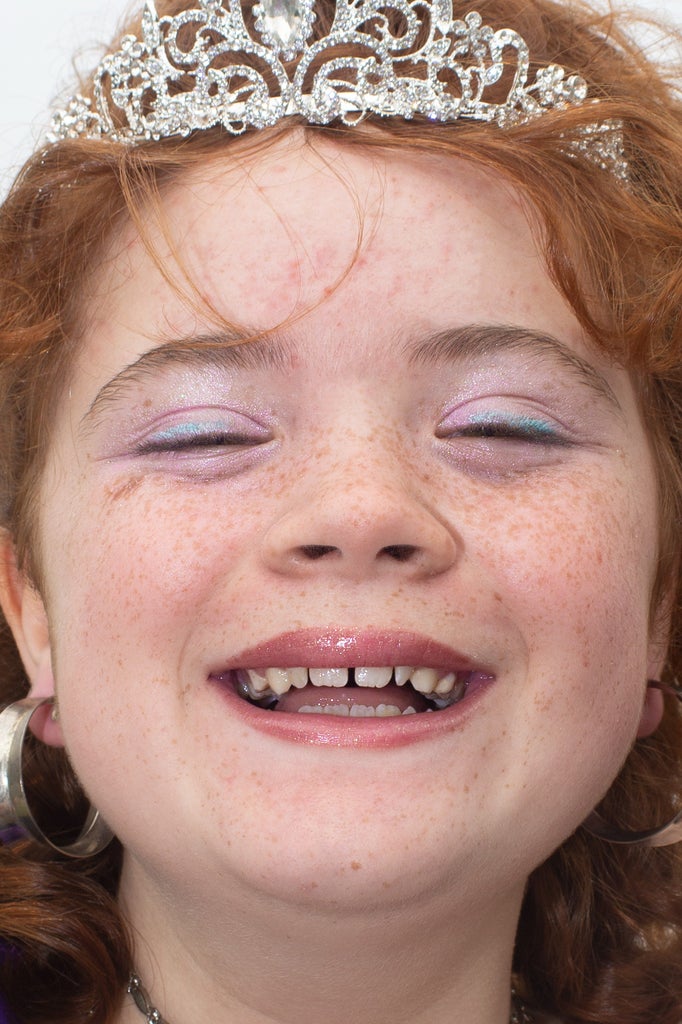
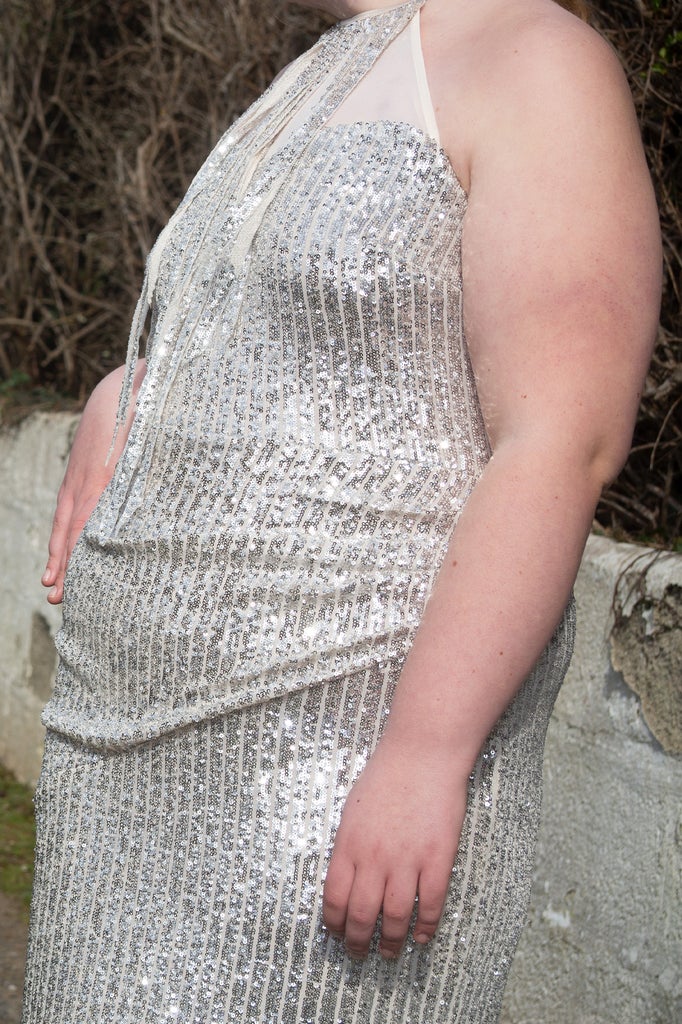
Rowse began to find a creative outlet in photography as a teenager and now, at 23 years old, she’s working on Maids, a photo series through which she’s exploring these emotions and meeting other young Cornish women. “Making art gave me a sense of purpose,” she recalls. “I hated that it felt as though there was no space for femininity here, and that fuelled a fire in my belly. I didn’t know at the time but looking back I think I was beginning to create my own world in pictures; a place to feel safe and understood.” Rowse set about spreading the word for anyone who wanted to be photographed. “My mum is a hairdresser so word got around the villages pretty quickly,” she says, fondly. Some of the girls in her photographs she already knew; others were strangers she approached on the street. It wasn’t long before she realised how many other women feel just like her.
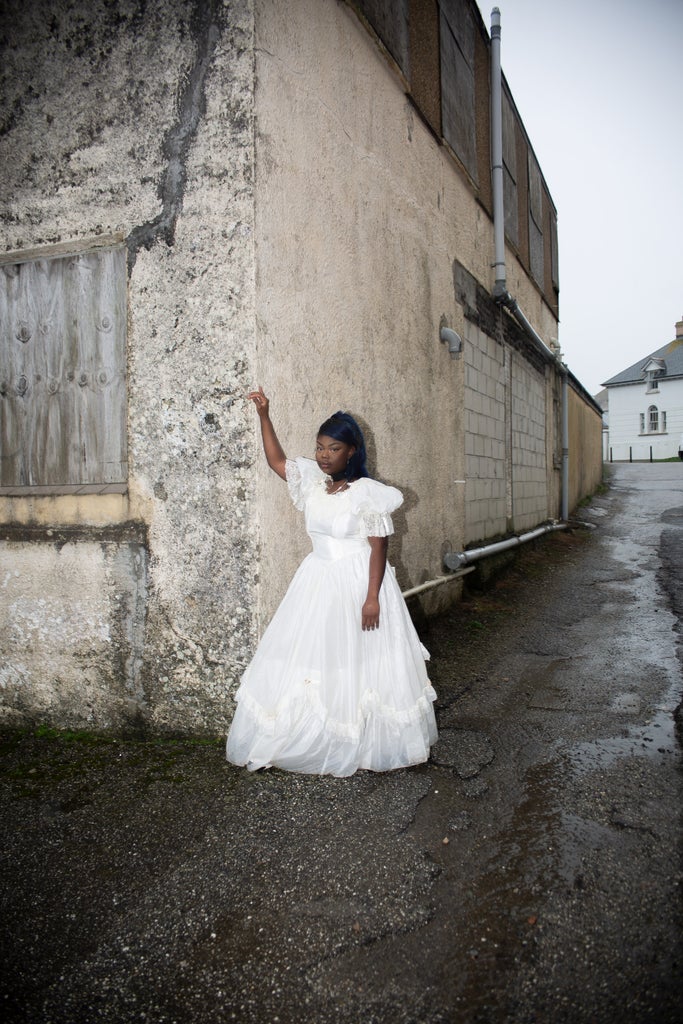
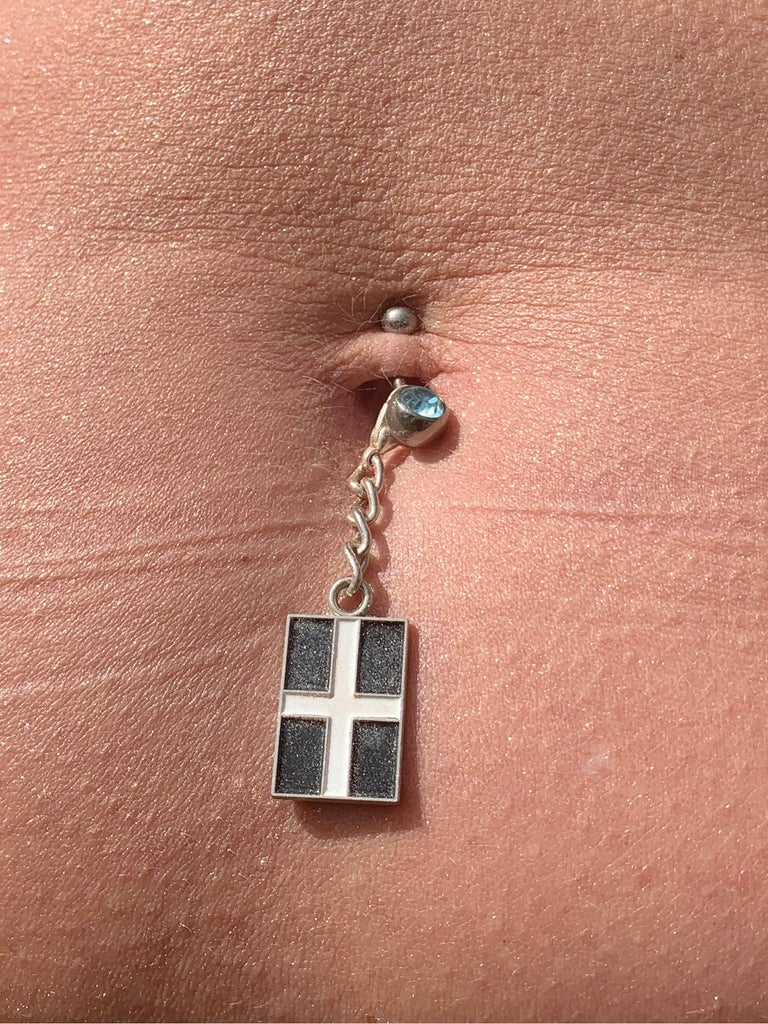
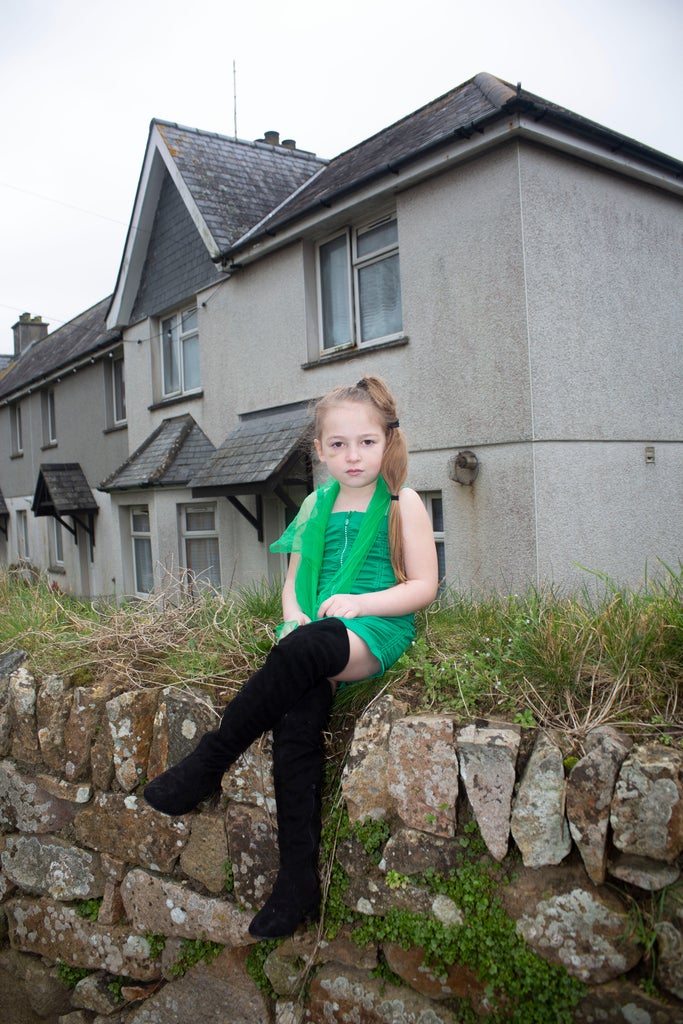
Maids is a poignant and powerful set of portraits taken through a feminist lens. In the pictures, local girls and young women dress up and pose against the rural, working class backdrop they’ve grown up in. Working between fashion, styling and documentary, Rowse wants her models to feel confident and empowered, and the project is all about showing them their worth. She wants to inspire each of her models to be whoever they want to be and to follow their dreams. The images are honest and beautiful – all low-rise jeans, belly button piercings, sequins and prom dresses – and each individual personality shines out through the different choices of outfit.
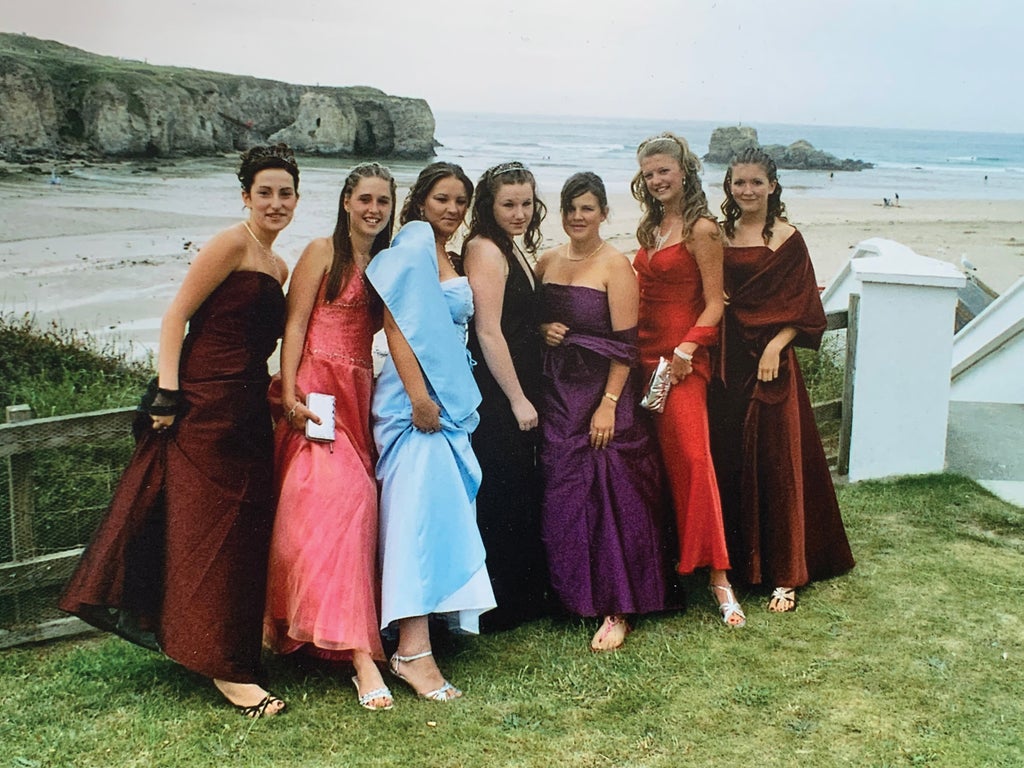
“Using the prom dresses came from a memory, actually,” Rowse recalls. “It was the early 2000s and I was watching my friend’s older sisters get ready for prom. In that moment, the space was filled with girls supporting each other, celebrating each other, doing their hair and completely, unashamedly enveloping themselves in femininity and female friendship. I’d never seen anything like it.” Other outfits in the series are nods towards the fashion of pink-loving, girl power idols like Britney Spears and Paris Hilton, she says, adding that the young women she works with often want to go all out. “The bigger the hair, the gaudier the dresses, the more the glitter… Whatever it took to make them feel amazing, we did it!” she smiles.
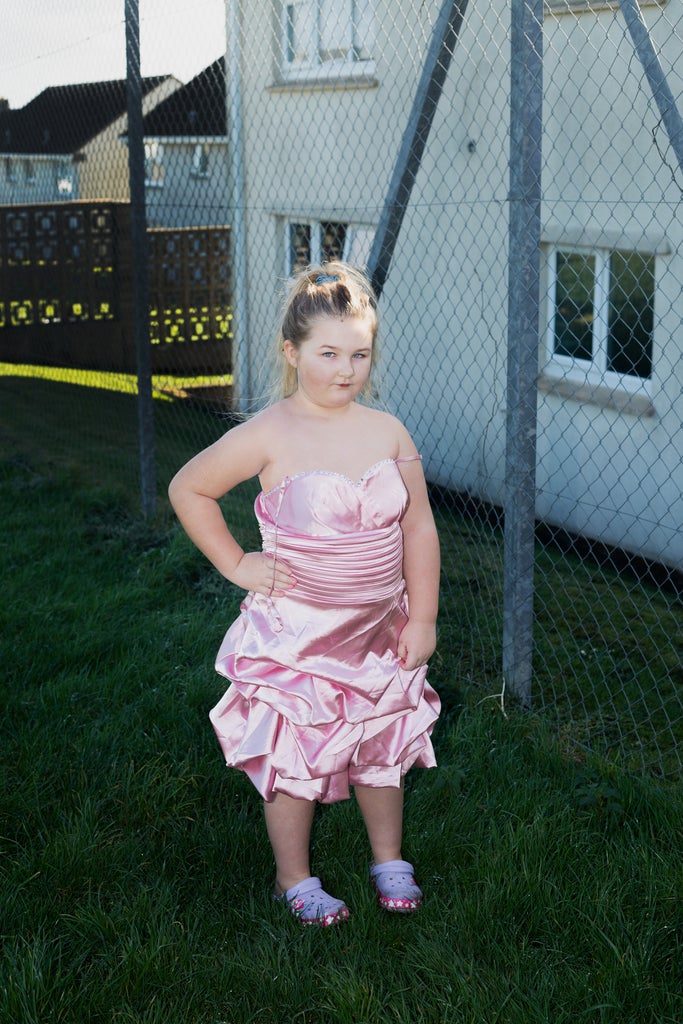
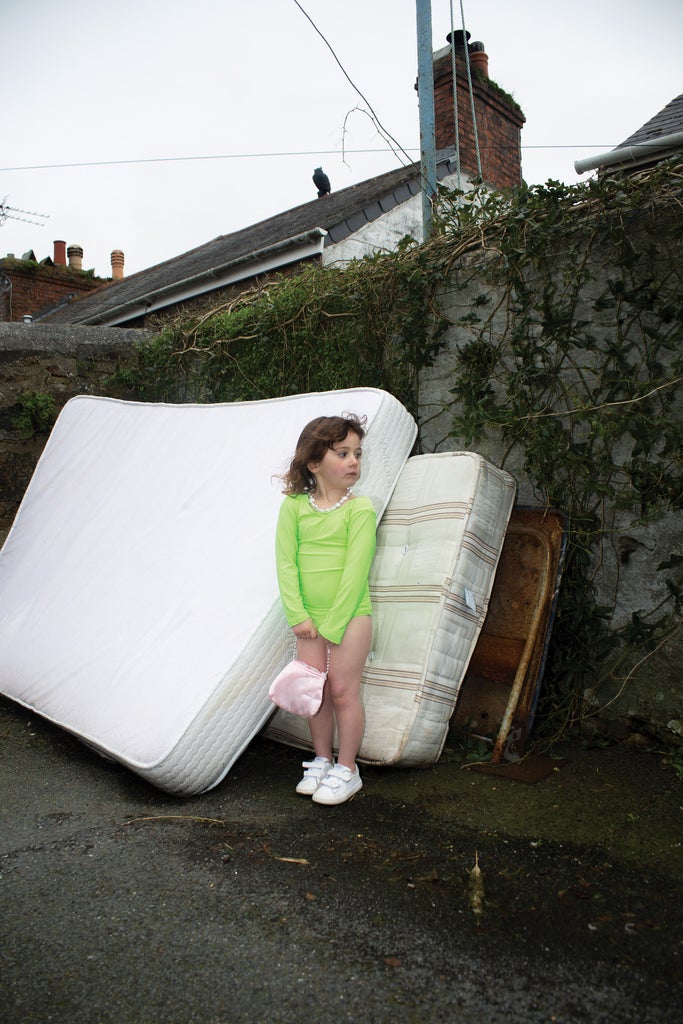
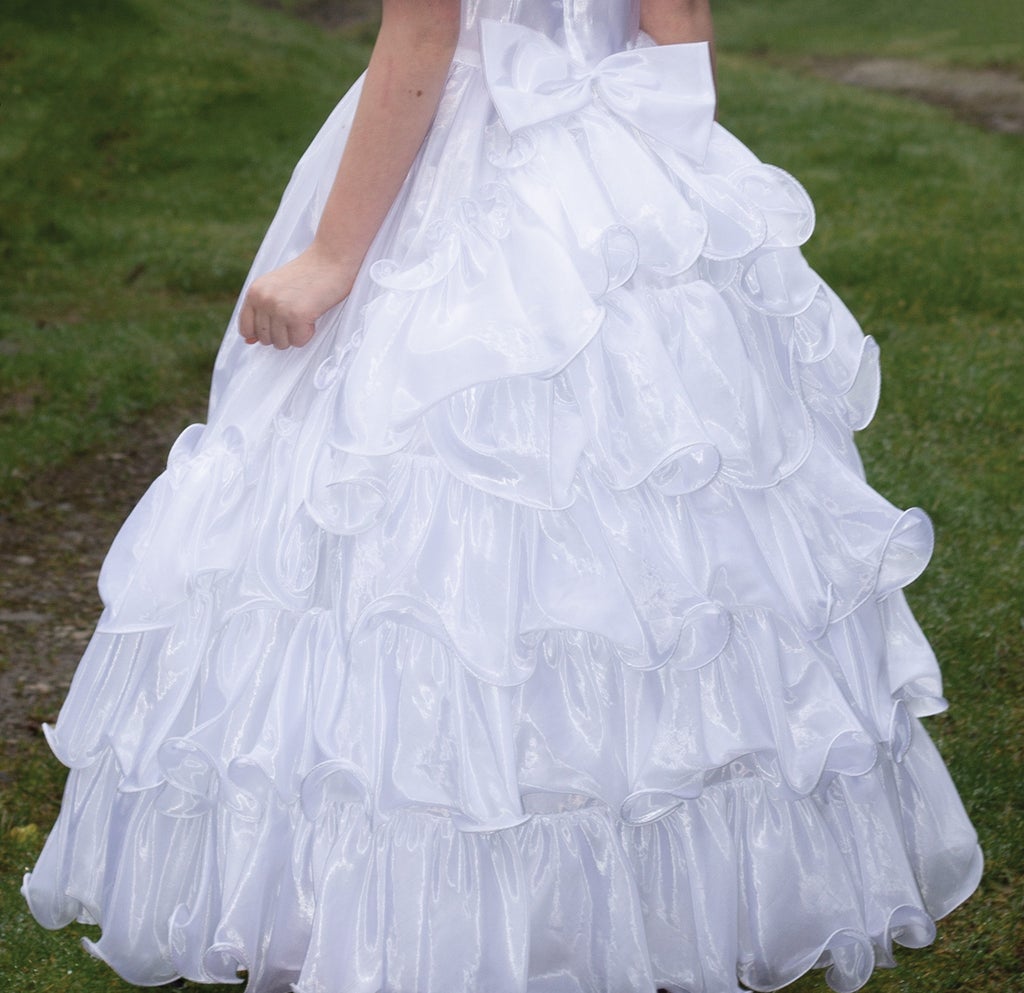
Rowse is now working on a second part to Maids, and she’s planning for this chapter to be even more ambitious than the first. She’s continuing to work with fashion, casting and photography but this time she’s taking the collaborative creativity up a notch, mixing charity shop finds with designer pieces to create inspiring new looks with the people she photographs. “I’m reaching further into communities that may be more closed off, and I’m continuing to build this network of women,” she says. She has also secured funding this time, which will allow her to elevate the scope of the project. “It’s always been out of my own pocket until now so I am blown away that it is being supported. I hope to hold an exhibition of the images, too – to show these young girls empowering images of themselves and each other, with the hope they’ll see themselves in a different light.” Meanwhile, she’s published the first part of Maids as a photobook, curated exhibitions and runs fashion and regional identity workshops locally.
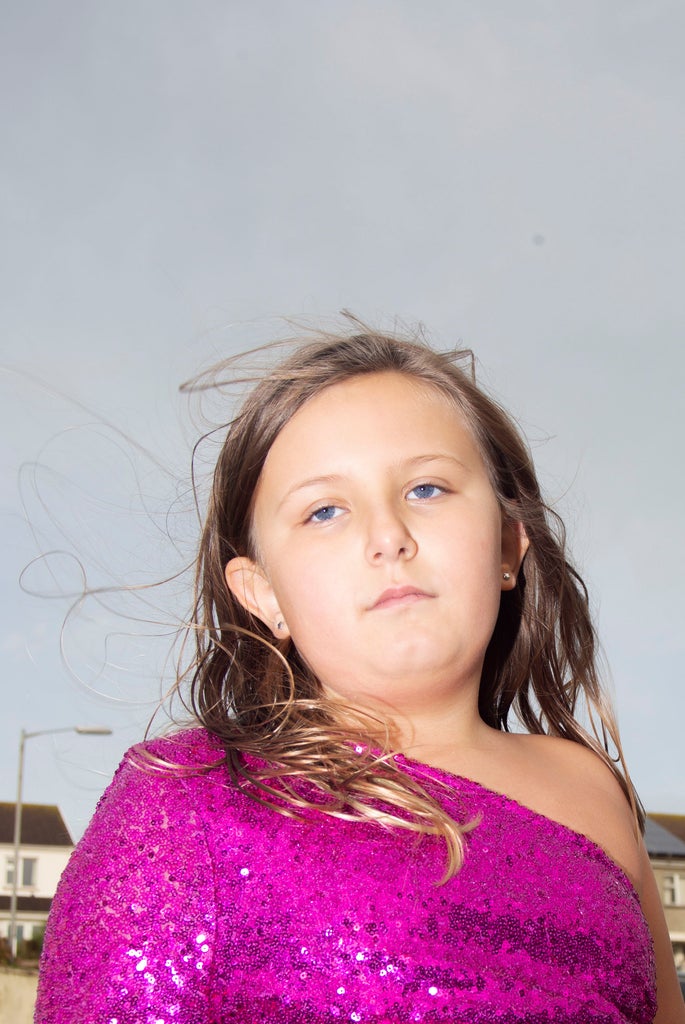
To many outside eyes, Cornwall is an easy-breezy, beachy paradise. People flock there during summer but behind that facade there are whole communities whose struggles are eclipsed by the shimmer. “I love the parts of Cornwall that are untouched, far away from the places that are now taken over by tourists,” says Rowse. “I understand a huge part of the county’s income is tourism but a line has to be drawn at some point. Jobs are seasonal and the housing crisis is real; I am facing it myself. Locals can’t afford to buy, historical families can no longer afford the villages they’ve been in for generations, and holiday homes sit empty for months on end. It’s truly bleak.”
Beyond this, she says, the difficulties of being a woman in Cornwall remain. “Despite the advancement of women’s rights, it’s still so traditional here. The men work in agriculture, can be away at sea for weeks at a time, and the women support. I am the first person in my family to go to university and I really had to convince them that it was a good decision. Of course there are other places like this too, but living here has made it so clear to me. Young women aren’t given the knowledge and opportunities to make informed decisions about their futures; one example of this is Penwith district consistently being within the top 20% of districts in England for teenage pregnancy rates. Being a mother is fulfilling, beautiful and worthy, of course, but many fall into it young and unaware of other paths. Our female youth need a community they can trust and role models to look up to. I believe we can be that for each other.”
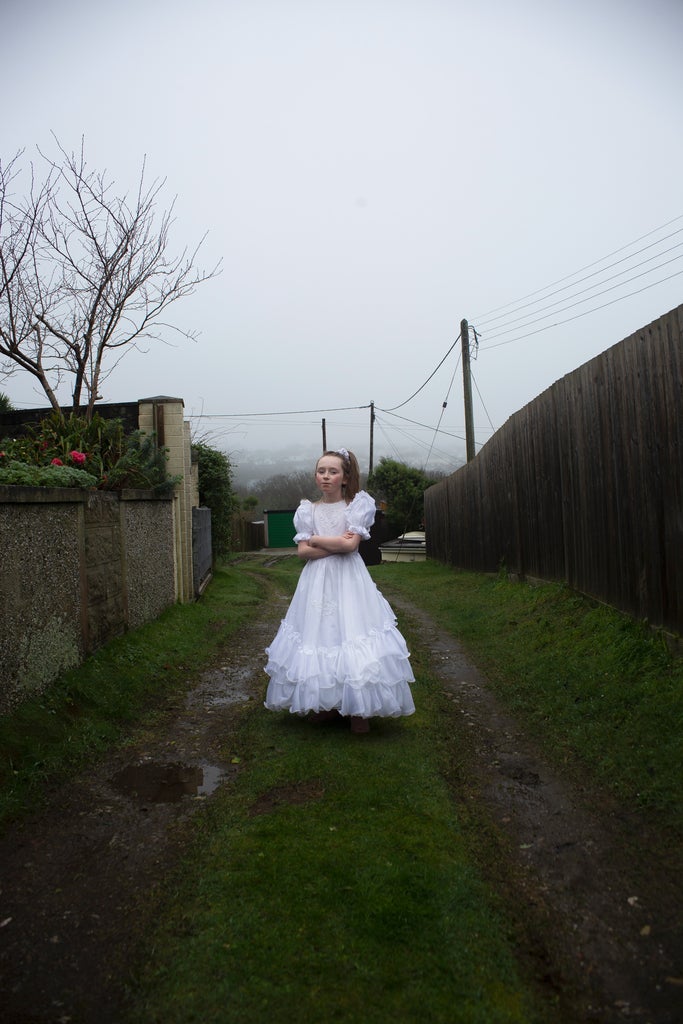
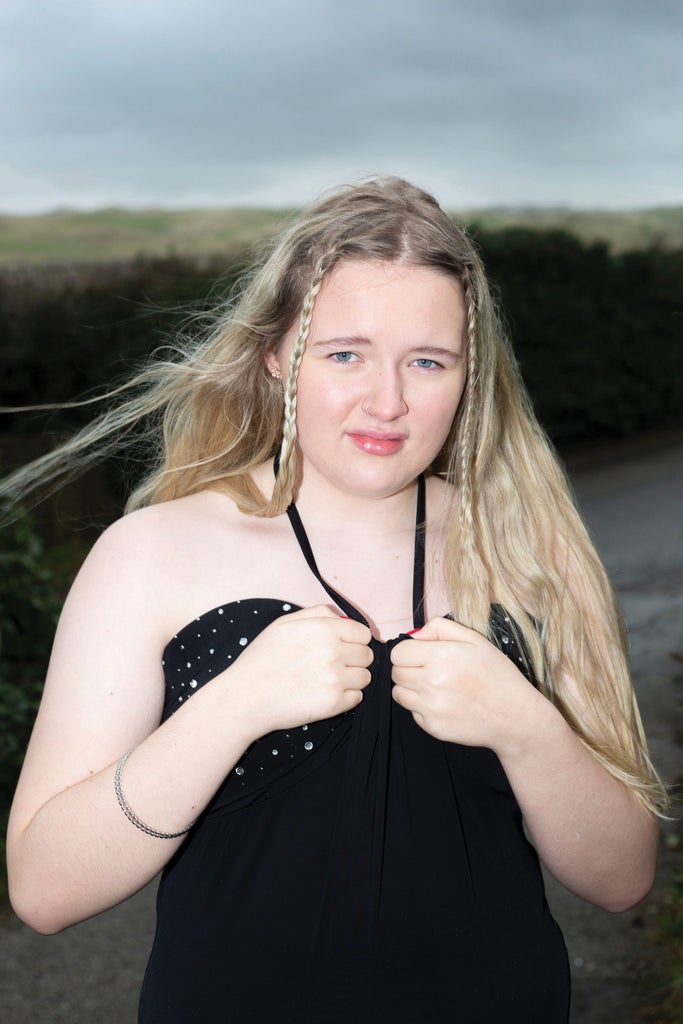
Rowse’s pictures add a little bit of magic to difficult days; they’re a chance to get dressed up, feel good, have fun. Beyond that, they seek to create a movement. “I want people to look at this work and see the reality of where I live. I want them to see both the ugliness and the beauty, and the different sides of femininity and heritage here,” Rowse says. “This project is all about showing, teaching and bringing together women in Cornwall to uplift and confide in one another, and to learn about our forgotten historical counterparts too – be it bal maidens [young women working in the mining industries] or fishwives, nurses or carnival queens. It’s about creating an ever-growing community for Cornish women to get to know ourselves and celebrate those who came before us.” Portrait by portrait, Rowse and her collaborators are slowly adding themselves to a legacy of inspiring Cornish women, creating a record that says: we were here.
Like what you see? How about some more R29 goodness, right here?
Photos Of Chinese Women Living Away From Home